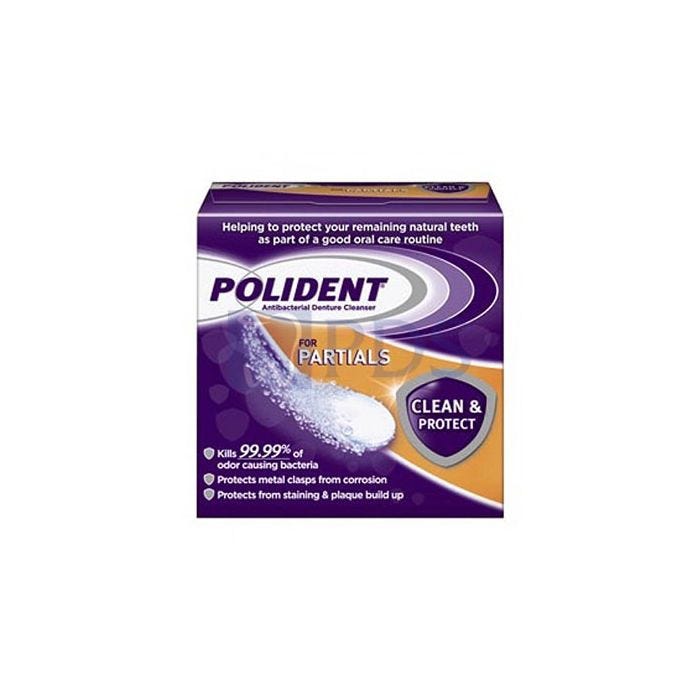Due to the global demand created by the Coronavirus health situation, orders for infection control products (masks, gloves, gowns, PPE, etc.) cannot be guaranteed for delivery and are subject to backorder status, allocation, or cancellation. PPE Products are for sale to licence healthcare professionals only. We will do our best to provide updates as we receive them.
ALL FACEMASKS, GLOVES, GOWNS, PPE, ETC. SALES ARE FINAL SALES AND NON-RETURNABLE.



